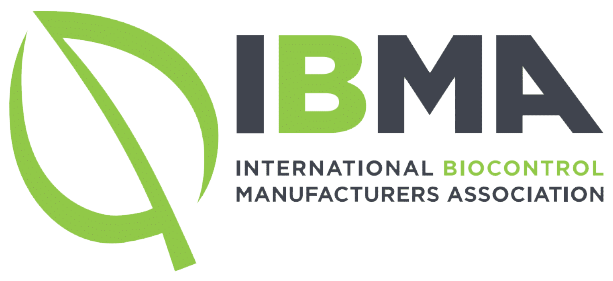IBMA, along with CropLife Europe and the Biocontrol Coalition have signed a united call to action from the European Landowners Organization and COPA COGECA, urging the European Commission to speed up access to biocontrol and low-risk plant protection products.
In the face of climate change and increasing global competition, European farmers require adequate tools to protect their yields and maintain competitiveness. However, since 2017, European farmers have lost approximately one-third of their conventional plant protection products.
To minimize negative externalities and support sustainable agriculture in the face of climate change, farmers must be equipped with a broad range of plant protection tools. Rather than imposing rigid reduction targets, now is the perfect momentum to focus on enabling solutions that align with IPM principles. Biological PPPs represent a crucial component of this approach, providing an effective and environmentally friendly complement to conventional products.
Currently, the approval process for biological PPPs in Europe takes between 7 to 9 years, whereas in other major global markets, such as the United States and Brazil, it takes only 2 to 3 years. This delay not only hampers innovation within the EU but also inadvertently supports non-EU farmers who benefit from EU-funded research, while European farmers remain restricted from accessing these innovations. As it is recognized in the Vision for Agriculture and Food from February 2025: “the introduction of alternatives in a form of biological or innovative low-risk plant protection products has not followed with the same pace as the withdrawal of active substances from the EU market. If this trend continues, it can affect the EU’s ability to ensure food production”.
European agriculture must be empowered to adopt the safest, most effective and suitable practices tailored to their specific farming conditions, including soil, climate, and biodiversity factors. However, for biological PPPs to be effectively integrated into IPM strategies, they must be made available after that their efficiency is proven with minimal bureaucratic delay.
To address this issue, both short- and long-term solutions are urgently needed:
- Accelerate the approval process: the European Commission should take policy action, in close collaboration with Member States, to streamline the regulatory approval of biological and low-risk PPPs and ensure faster farmer access to them. This would be the first important step towards aligning the EU with global competitors and reducing the innovation gap. Moving forward, from 2026, a structured dialogue should begin on establishing a dedicated, risk- and science-based framework for the authorization of these products, ensuring a more predictable and efficient process for their approval.
- Make provisional authorizations applicable in practice: Article 30 of Regulation (EC) No 1107/2009, granting provisional authorizations, should be reactivated. This would increase regulatory flexibility, reduce uncertainty, and align with the EU’s principles of transparency and proportionality, promoting innovation while upholding safety and sustainability standards.
- Mutual recognition across EU Member States: to prevent duplication of efforts and prolonged delays, the EU should further support Member States towards mutual recognition of biocontrol approvals, allowing products approved in one country to be accessible in others without having unnecessary administrative barriers in their way.
- Support adoption by farmers and cooperatives of training programmes for all actors in the value chain: beyond regulatory approval, policymakers must recognize that farmers need time to test and implement new solutions. Education, training, and incentives should be provided for all stakeholders involved in crop and plant production value chains (advisors, scientists, producers, policymakers, processors, retailers, cooperatives) to encourage the effective adoption of biological PPPs within IPM strategies.
 Square de Meeûs 35, 1000 Bruxelles
Square de Meeûs 35, 1000 Bruxelles